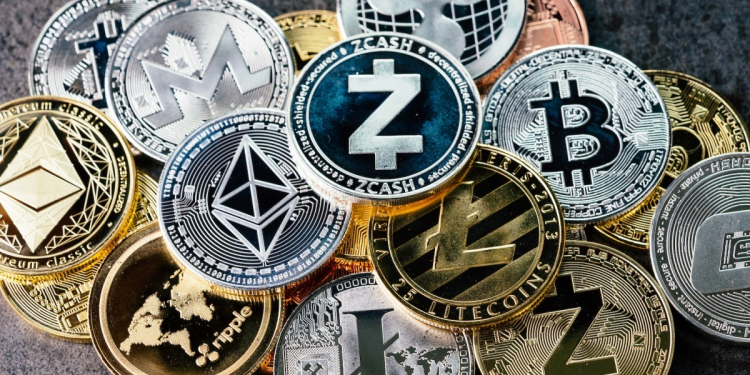CRYPTOCURRENCY FROM ISLAMIC VIEWPOINT: TO ACQUIRE, TRADE, OR DECLINE?
The Liberty Finance observes that approximately 25% of the global population, nearly two billion people, follow Islam, making it the second-largest religion worldwide. Despite this significant population, decentralized finance has largely excluded Muslims. The intersection of DeFi and Cryptocurrency with Sharia law raises questions about the adherence to Islamic financial principles. Some cryptocurrencies are considered haram, and the debate among Muslim scholars and experts in Islamic Finance remains divisive.
The perspectives on whether decentralized financial tools are halal or haram vary, leading to an open-ended and debatable discussion. Cryptocurrency, often hailed as one of the remarkable inventions of the 21st century, raises numerous unanswered questions and implications. As of 2023, global crypto ownership stands at an average of 4.2%, with over 420 million users worldwide. Surveys suggest that consumers in Africa, Asia, and South America are more likely to own cryptocurrencies than those in the United States.
The Quran offers insights on money and management matters. Quran 2:276 emphasizes the deprivation of blessings from usury while endorsing an increase for good deeds and charity. Islamic principles recognize commodities like gold, silver, dates, wheat, barley, and salt as acceptable forms of currency. The use of paper or electronic money is permissible as long as it is backed by these commodities at fixed exchange rates.
The interest in Bitcoin and cryptocurrencies prompts Muslim investors to question their compatibility with Islamic principles. Scholars provide varying opinions, with Mufti Muhammad Abu Bakar supporting the halal status of Bitcoin. However, other scholars like Mufti Taqi Usmani and Mufti Shawki Allam argue against cryptocurrency, citing reasons such as its speculative nature, use in illegal transactions, and absence of a tangible form.
The Islamic Economic Forum considers cryptocurrencies permissible as long as they adhere to Islamic prohibitions on interest, contractual uncertainty, and gambling. The debate involves considerations of whether cryptocurrencies meet the criteria of Sharia law, with some scholars urging caution due to the ambiguity and uncertainty surrounding these digital assets.
The use of cryptocurrency is not uniform across Muslim-majority countries, as seen in Indonesia’s ban on cryptocurrency trading. Some scholars advise Muslims to avoid cryptocurrency investments, leaving room for potential innovations and regulatory improvements.
While cryptocurrencies offer decentralization and anonymity, they have been misused for illegal transactions, prompting concerns about their impact on macroeconomic stability. The International Monetary Fund (IMF) recommends that countries not grant cryptocurrencies legal tender status and emphasizes the need for effective policies to address the challenges posed by crypto assets.
In conclusion, the debate on the halal status of cryptocurrency continues among Muslim scholars and experts, reflecting the complexities and diverse perspectives within the Islamic finance community.
(News Source: Techeconomy)

